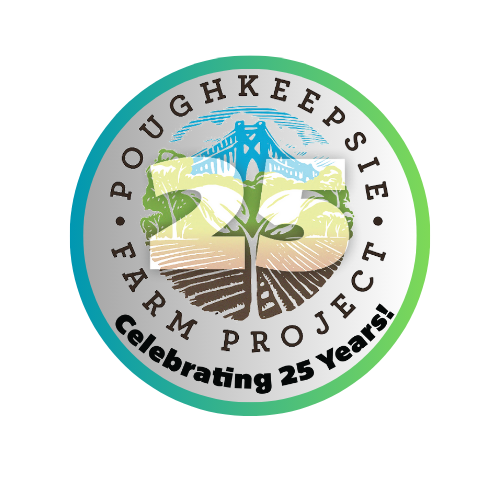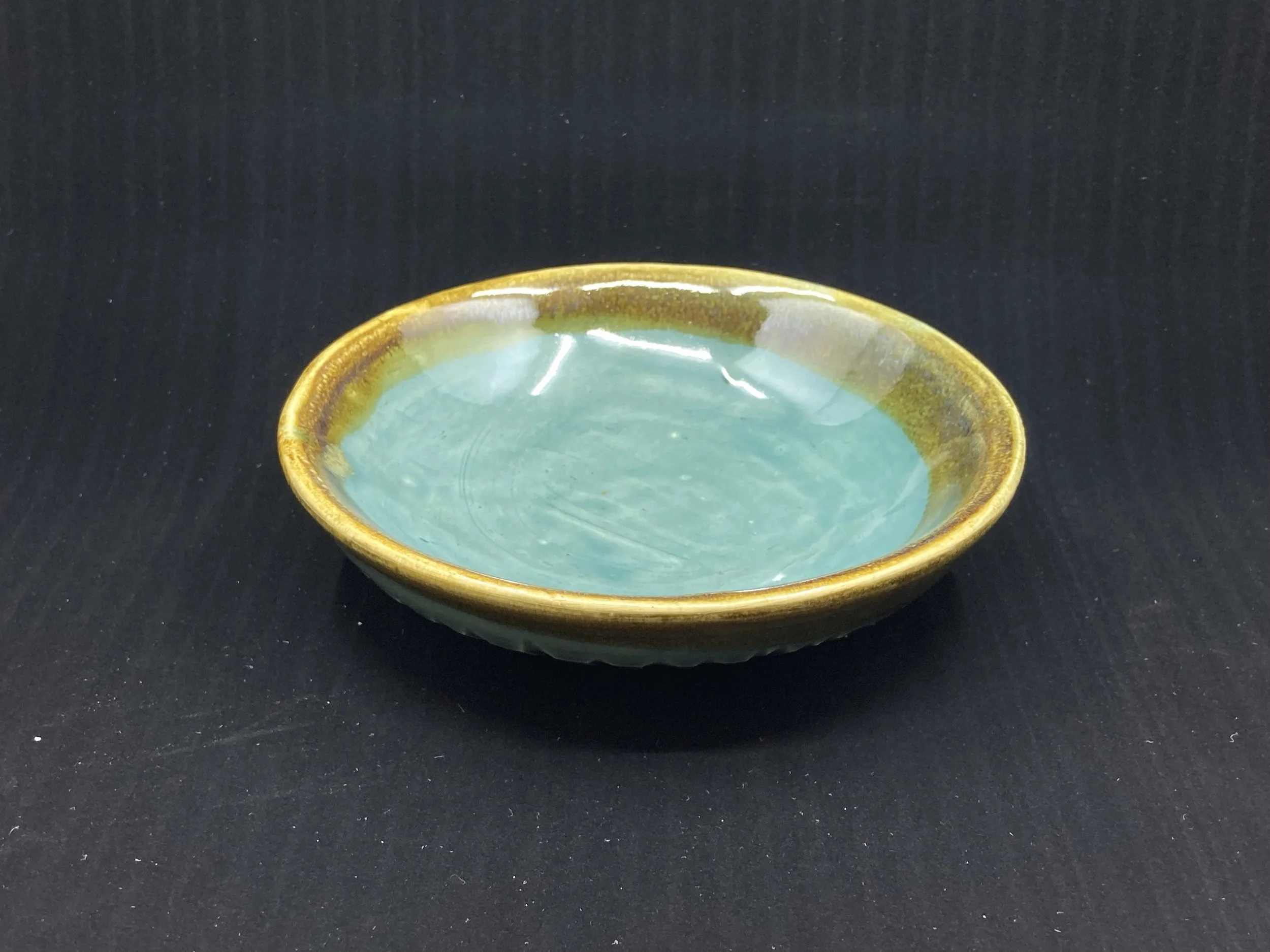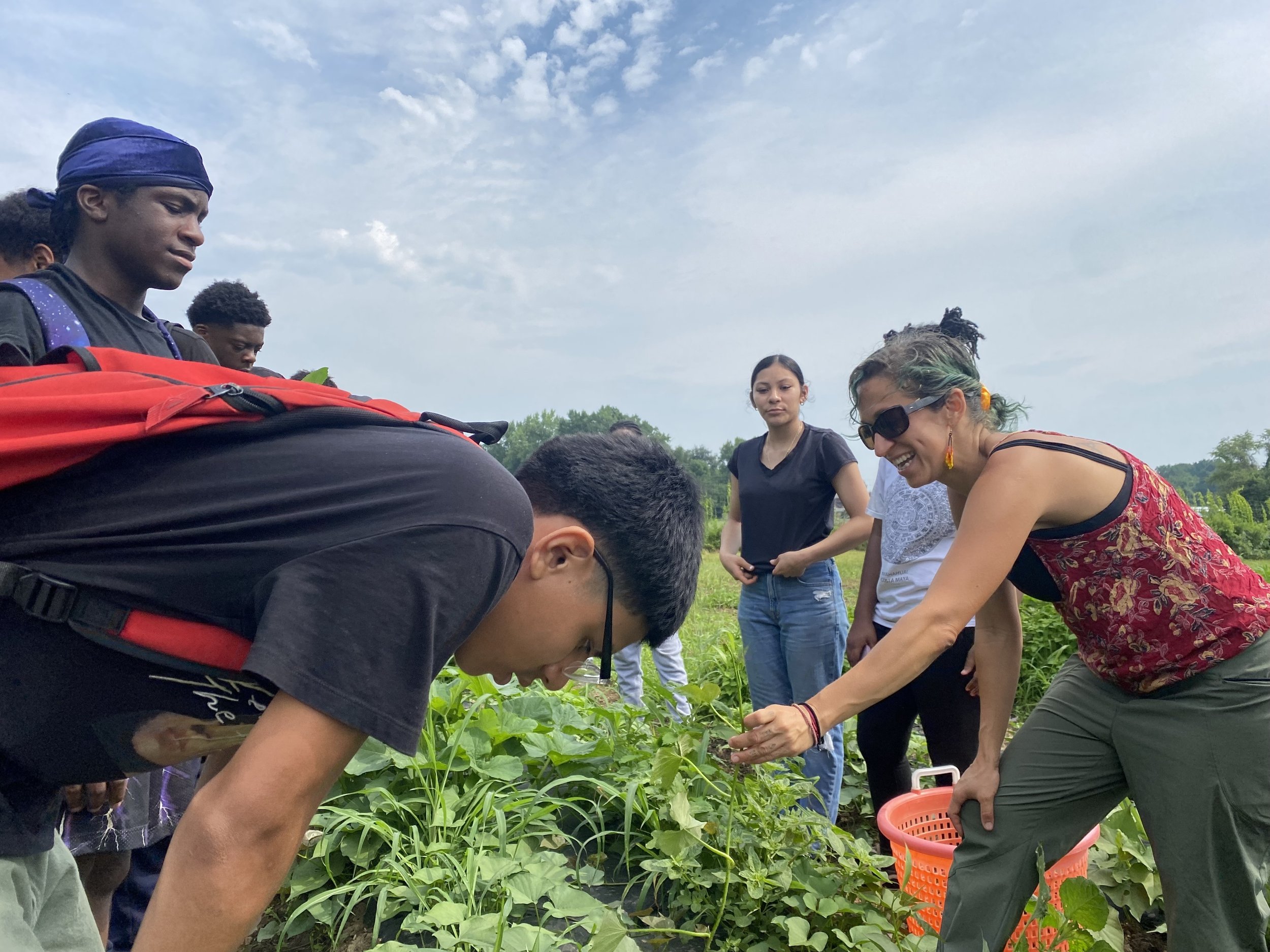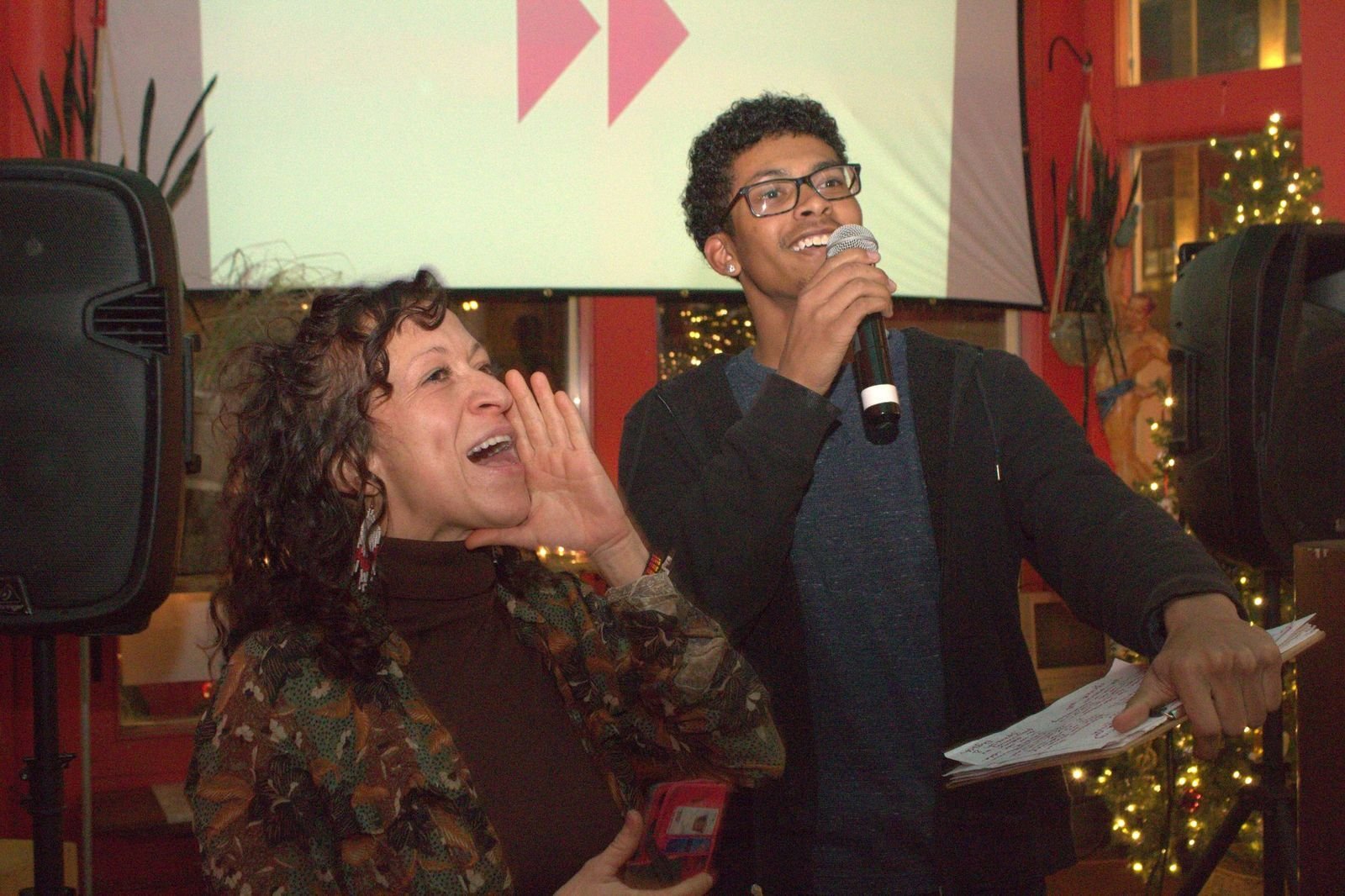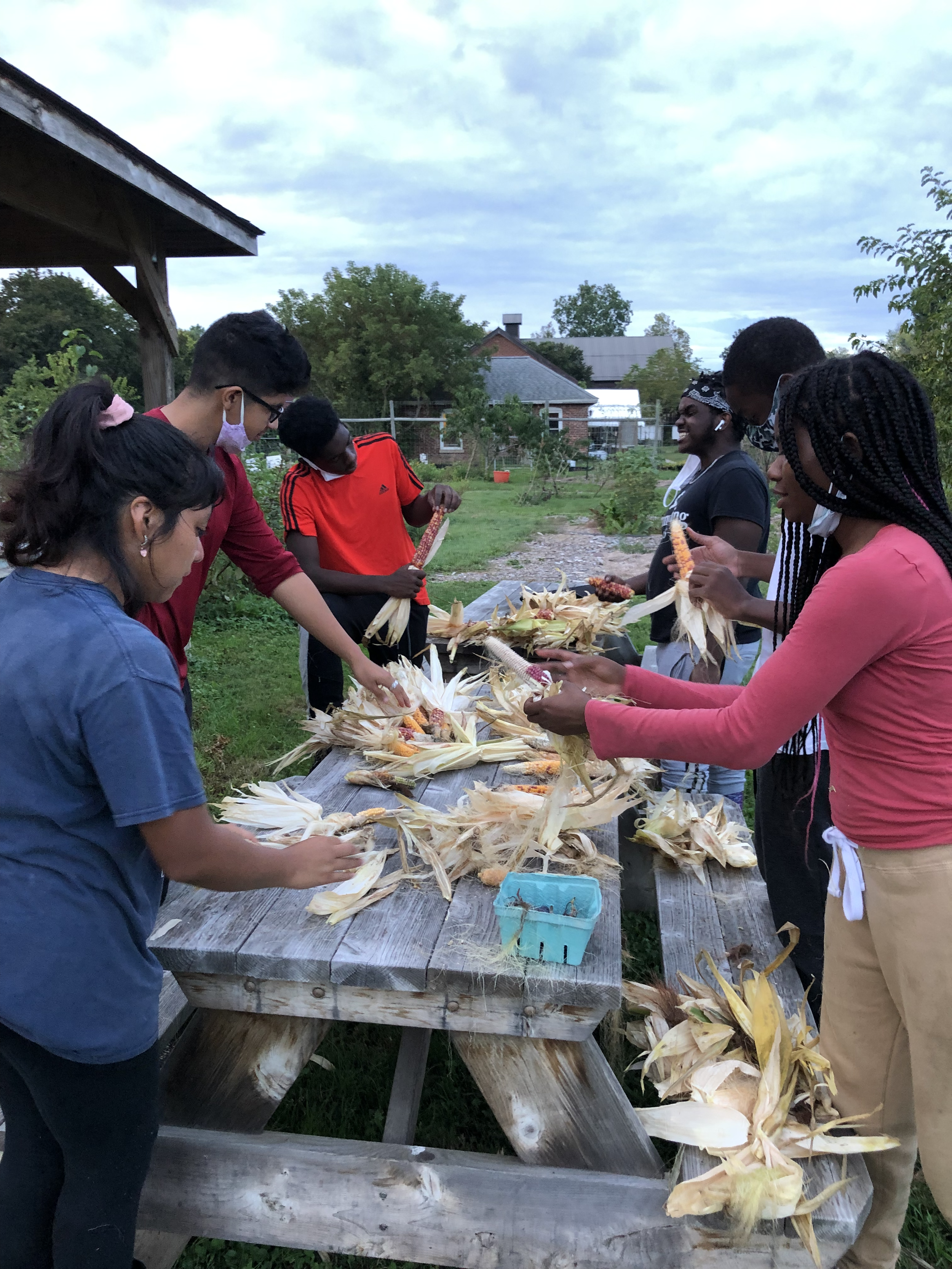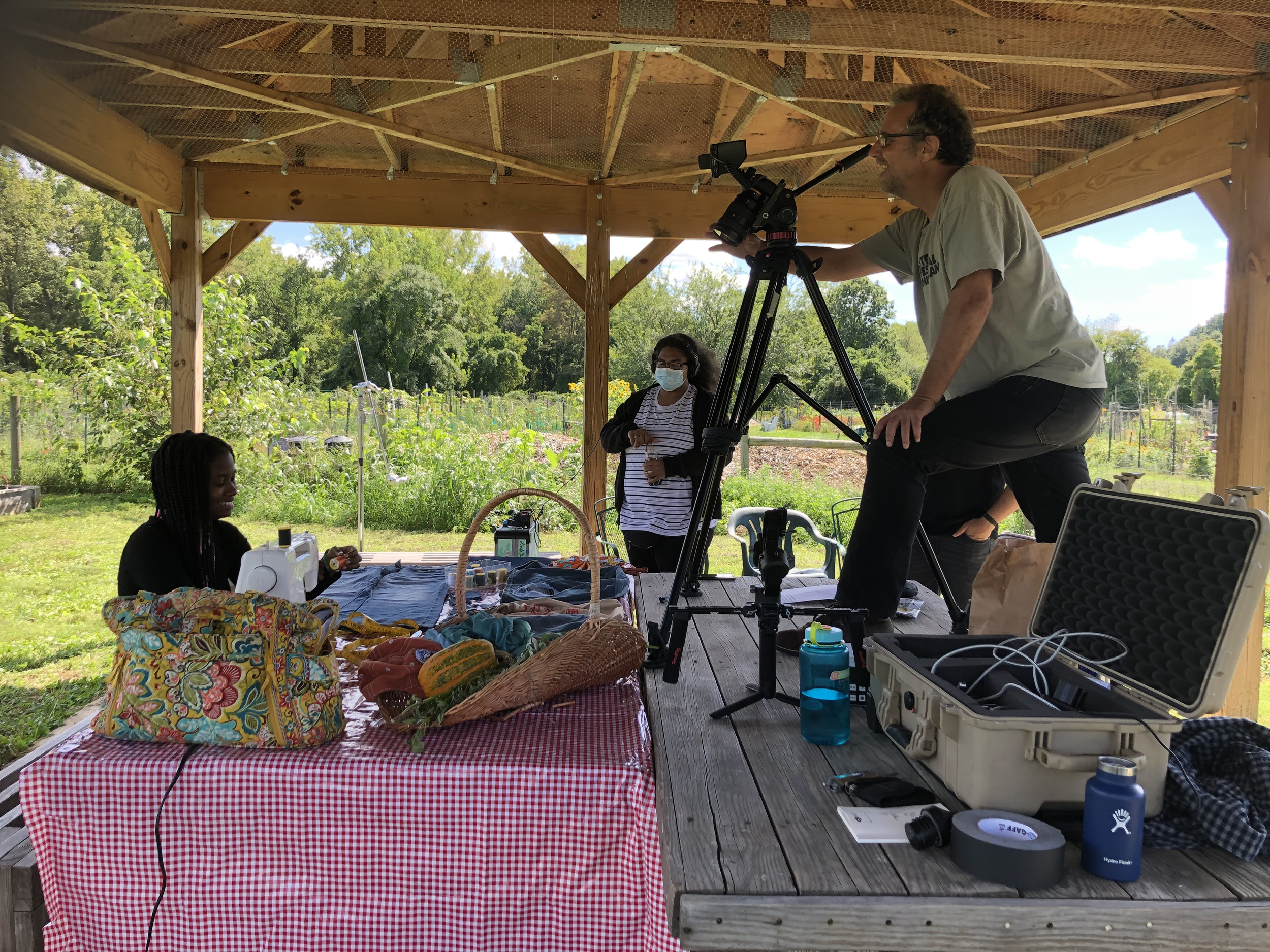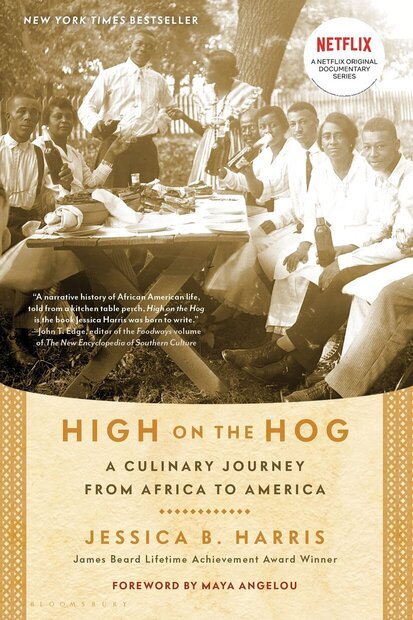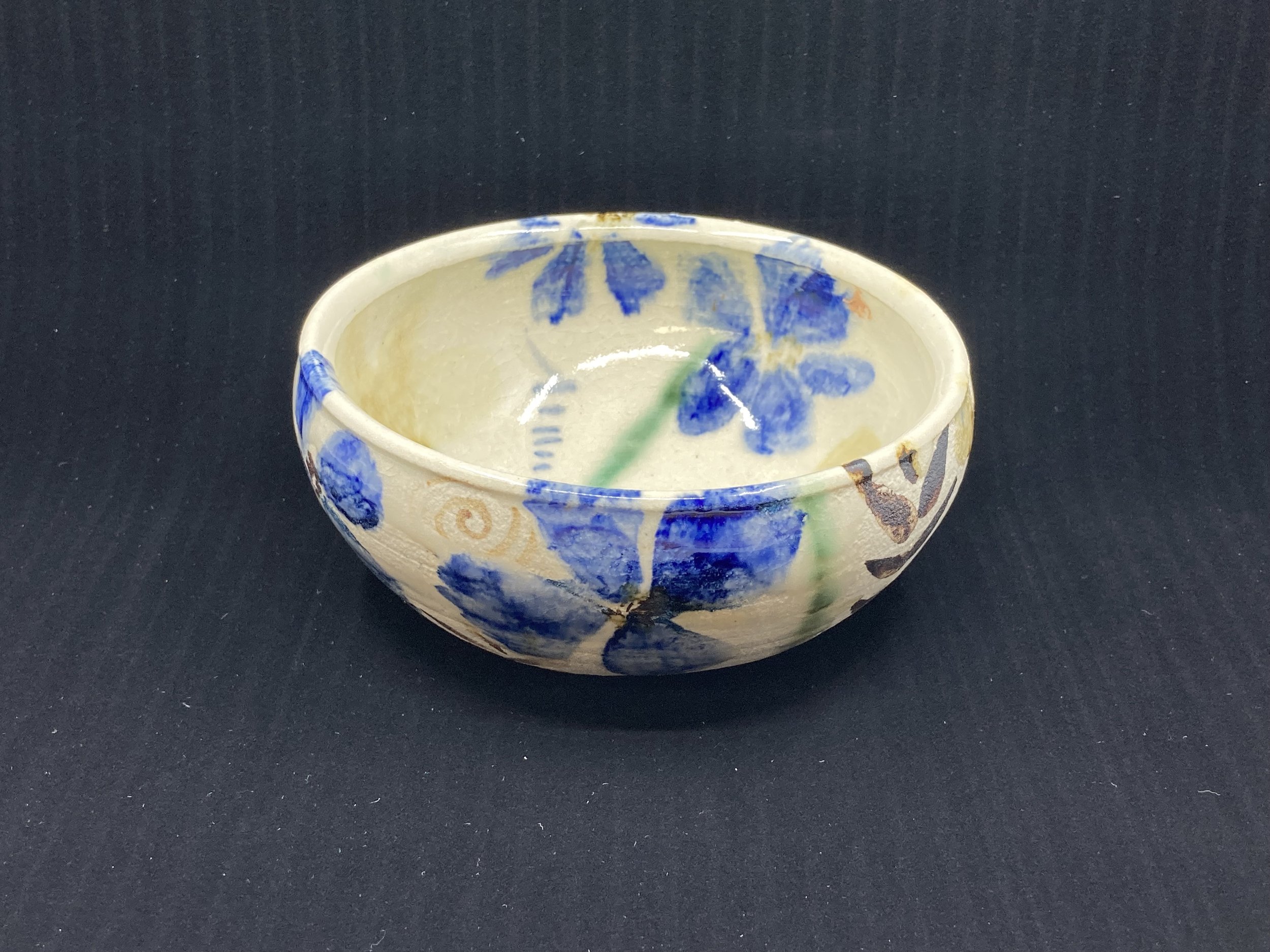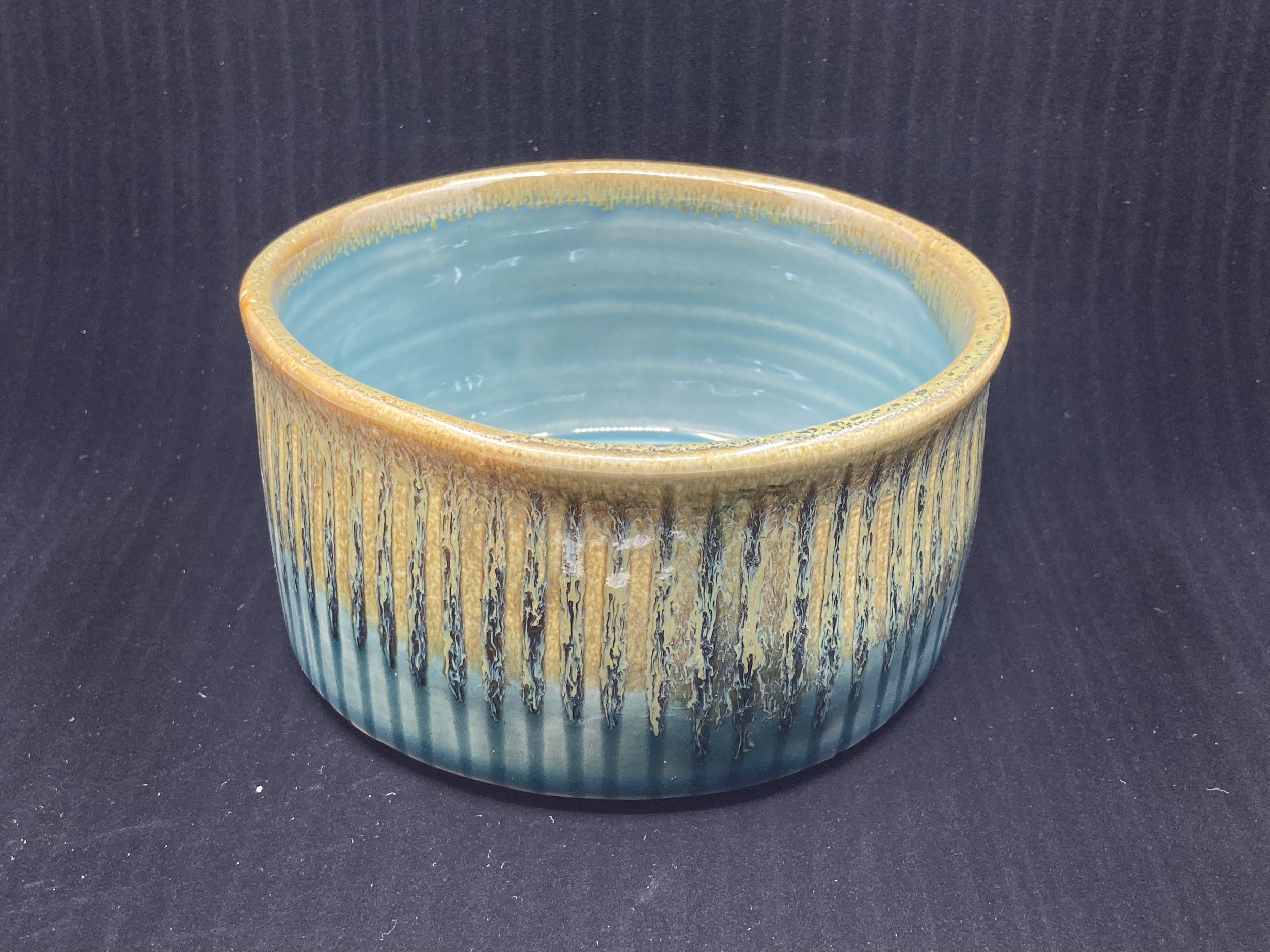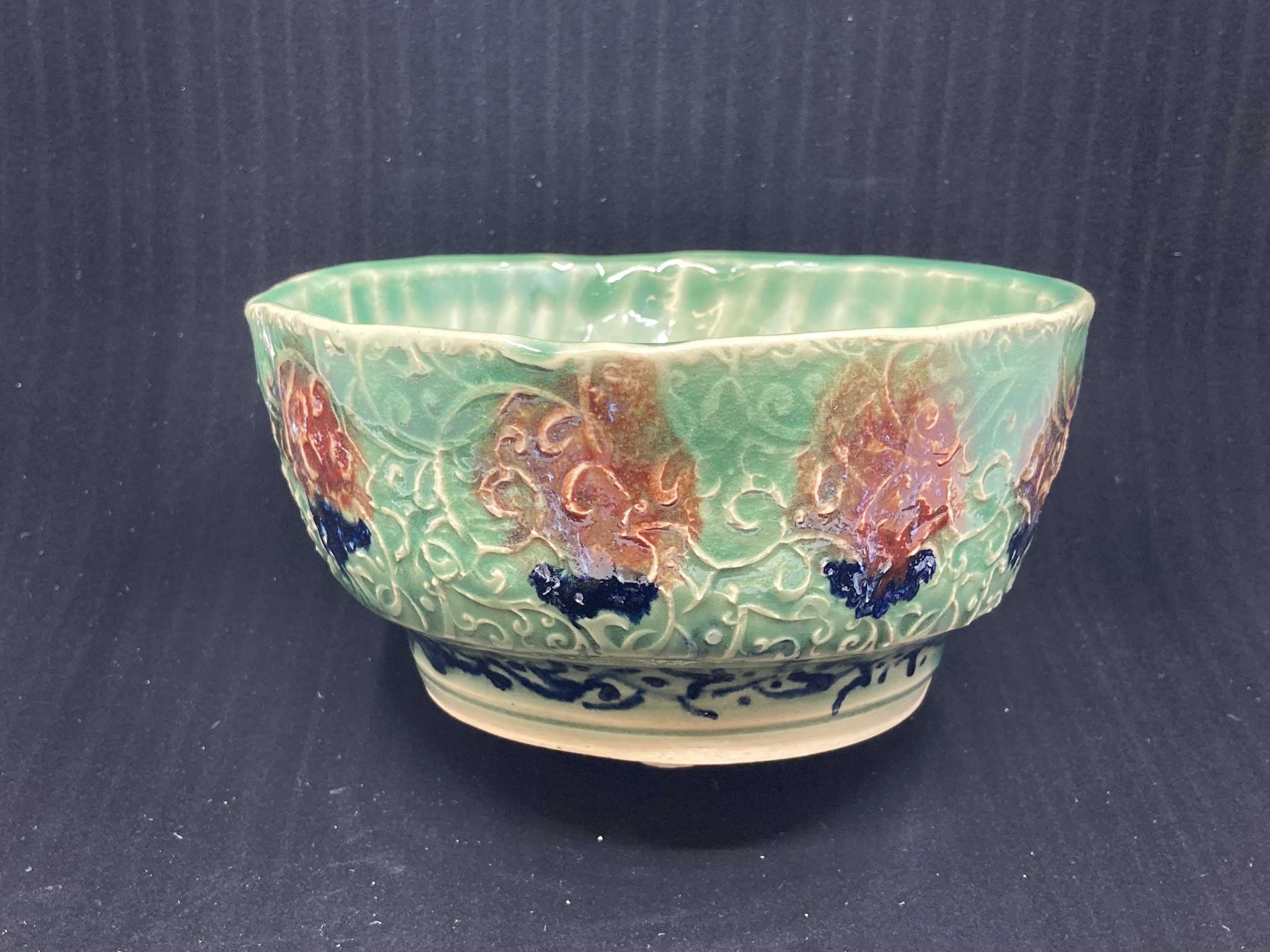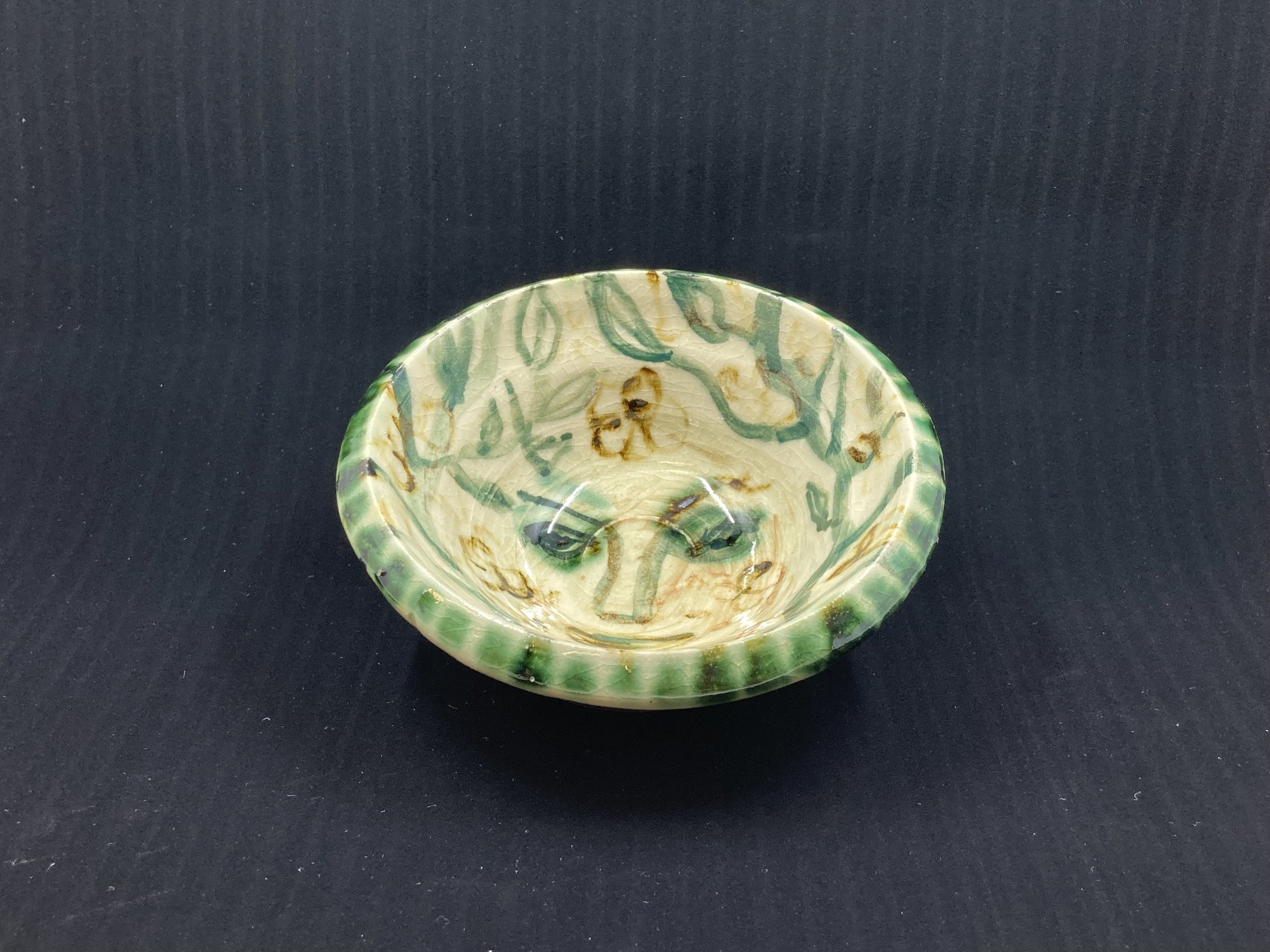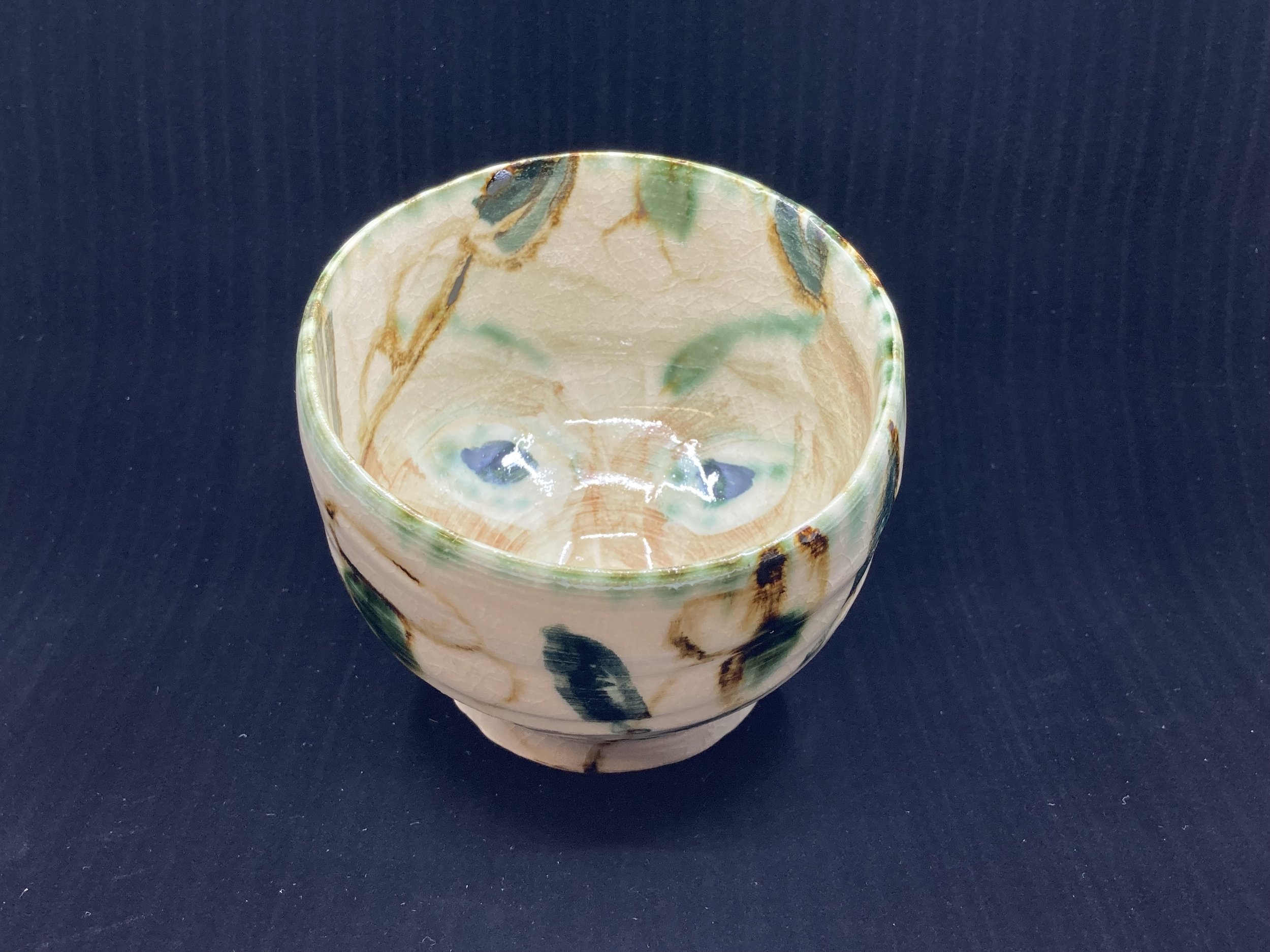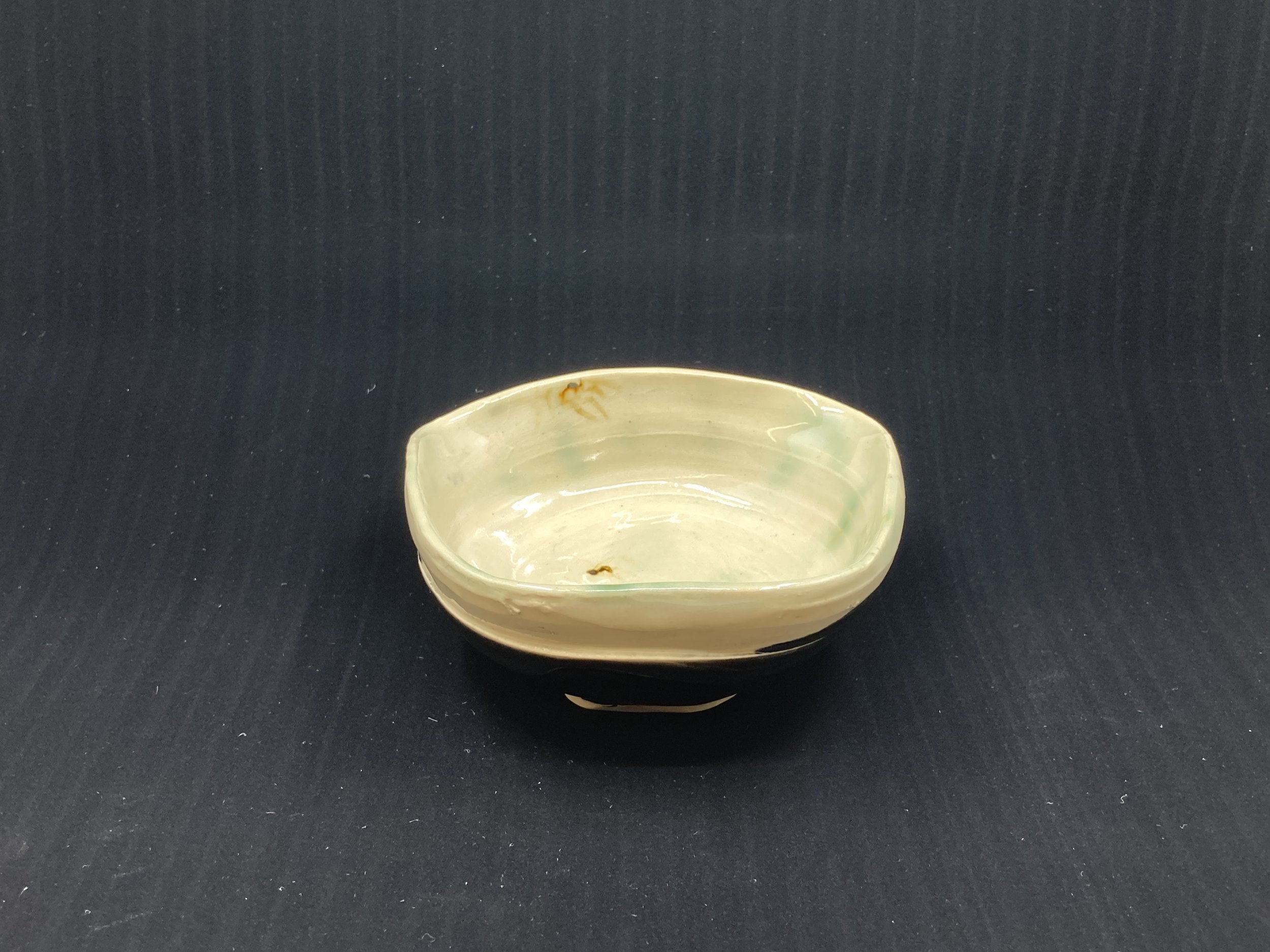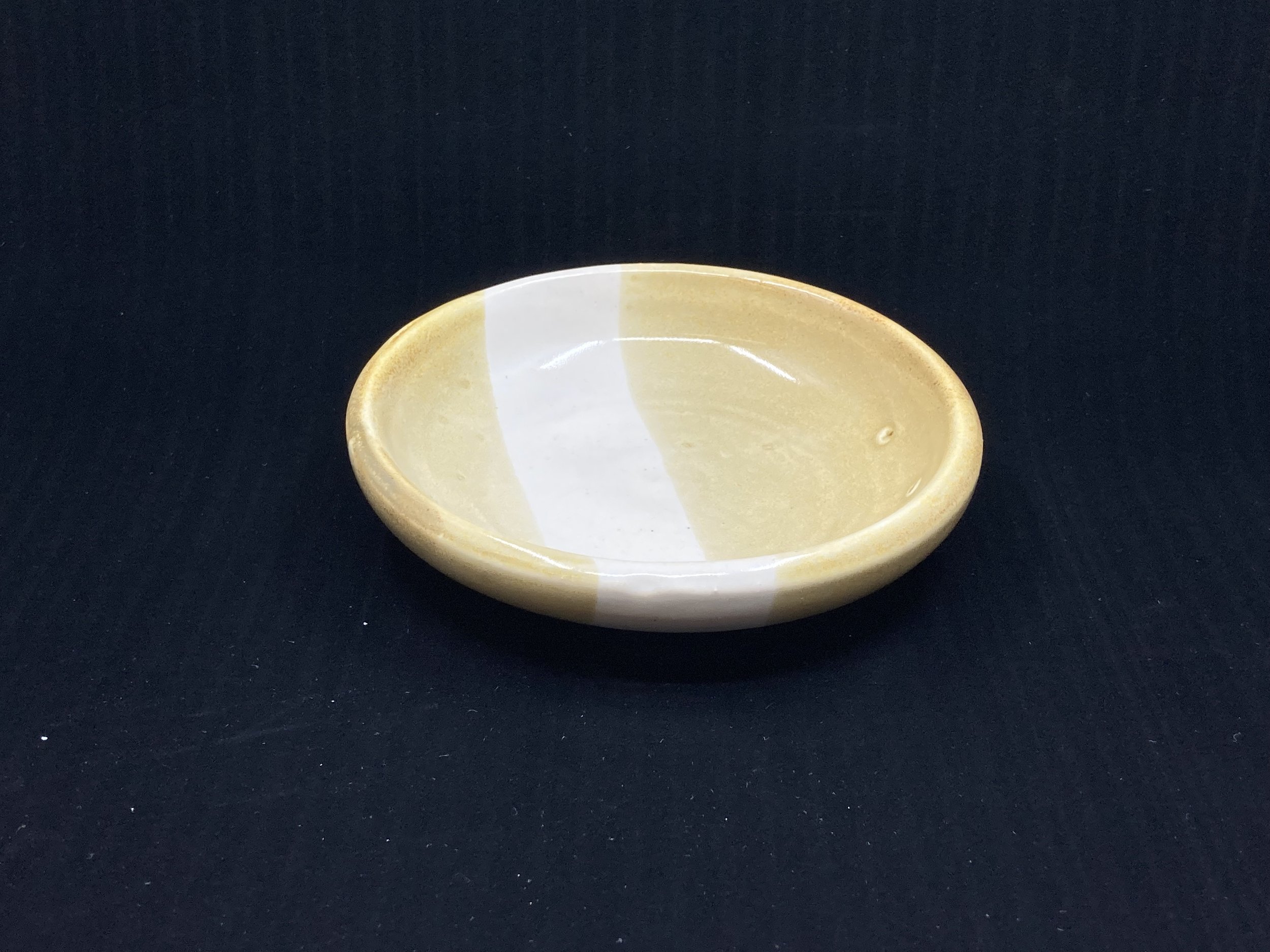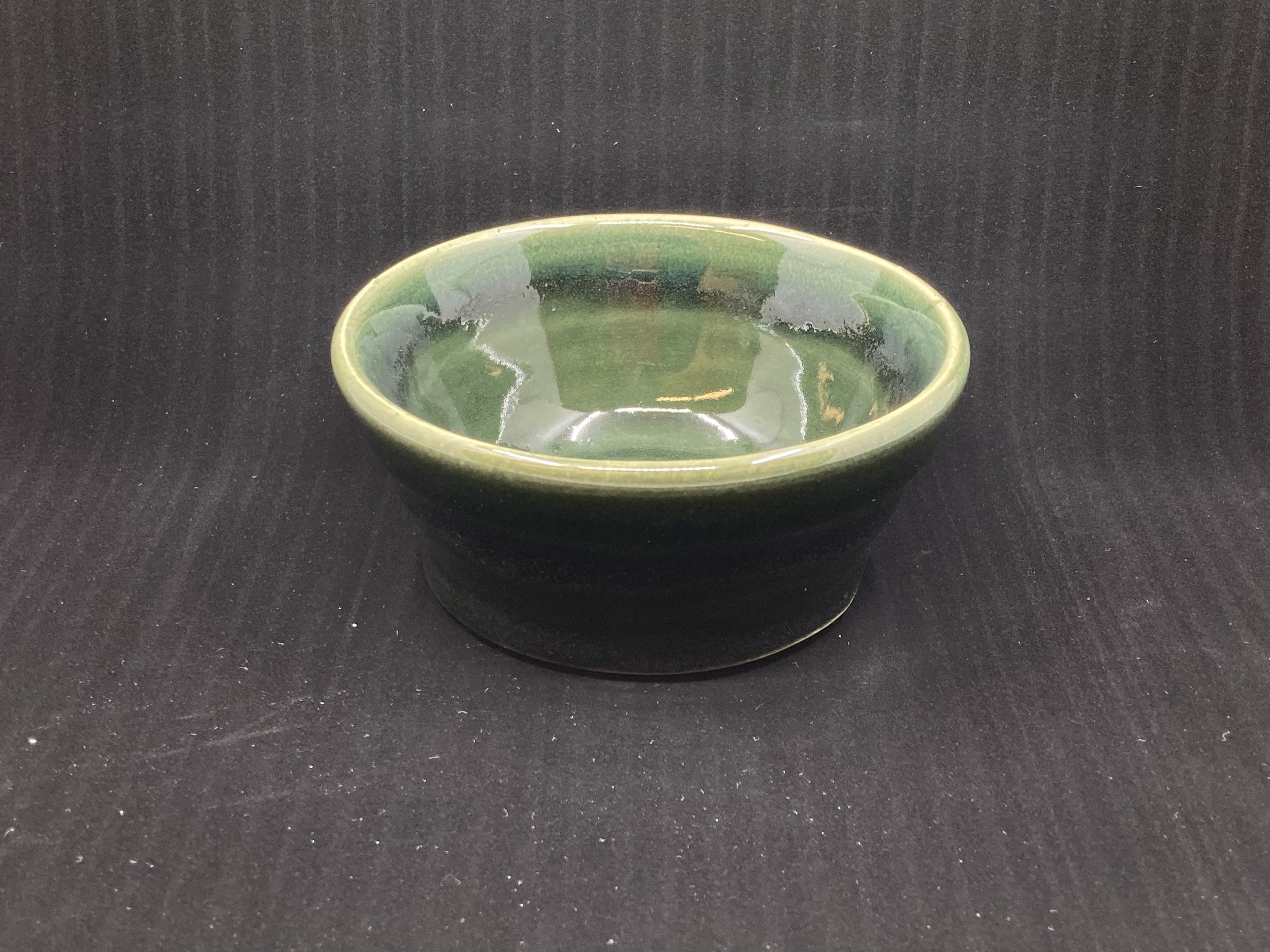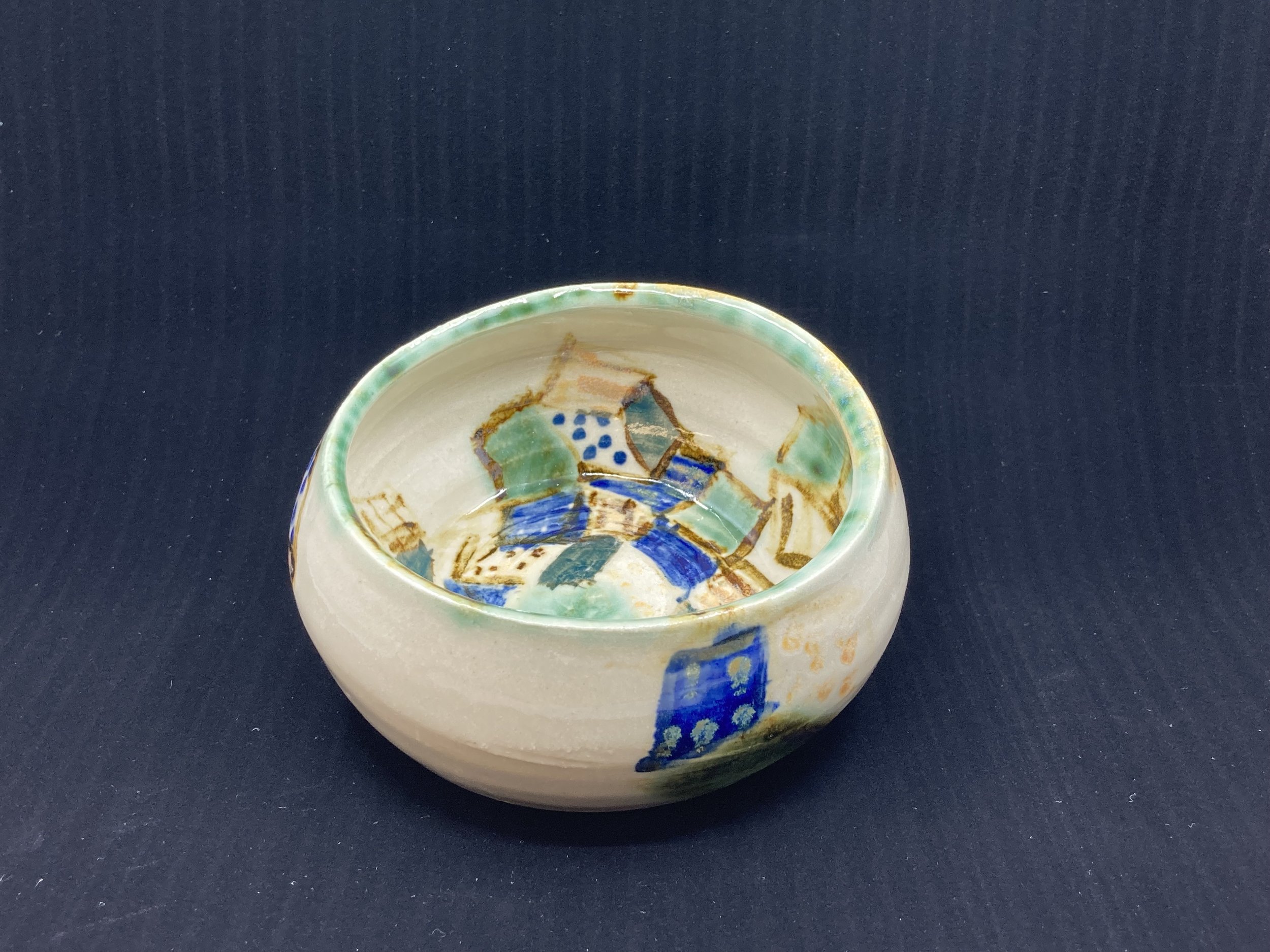Program coordinator Lala M leads Green Jobs interns in a weed identification workshop in the PFP farm fields.
Green Jobs for Youth
November is a bittersweet and transitional month for us here at the farm as we say “See you later” to our 2023 Green Jobs for Youth Interns!
Since 2018, the Green Jobs program has employed City of Poughkeepsie teens and young adults to participate in job training, practical skill building, and positive social-emotional development. Participants prepare to be the farmers and food advocates of tomorrow by engaging with land and food through hands-on projects, and curriculum connected to organic farming, healthy eating, social-emotional skill building, and racial equity.
This year was particularly special… and not just because we had our largest cohort of interns ever!
This year we had 5 graduates return specifically to step up into clearly defined leadership and staff roles as members of the newly established Green Jobs “Root Crew,” or as members of the PFP farm crew.
What is the Root Crew?
2023 Root Crew members Josh, Keith and Donovan sell PFP-grown seeds at the La Guelaguetza festival.
The Root Crew is a group of youth crew leaders within Green Jobs. They build additional organizational and leadership skills by providing support to their peers, to program coordinators, and by holding a unique set of responsibilities that is aligned with their strengths and interests.
Josh, our Root Crew member focused on program outreach, joins program coordinator Lala M at the Awesome Poughkeepsie Pitch Contest to win additional funding for Root Crew wages.
For example, our incredible 2023 Root Crew members were Donovan, Josh, and Keith. Donovan stepped up to lead culinary programming, Josh took on a role leading community outreach for the program, and Keith supported the day-to-day operations of the program.
Laura Montoya, PFP Youth Program Coordinator, said, “All of our interns get to be outside, learn about earth and seeds, and try all of this new food. It totally opens up their mind. We get to help new interns come out of their shell. But, one of the most powerful and important parts of the internship happens for returning interns. Returning interns experience continuity with us. They have a job that they feel comfortable and loved in. We get to offer a safe container for the transition of becoming a young adult.”
Meet Rakim & Silvia!
Rakim wraps up a farm shift at PFP!
In addition to this, our 2023 farm crew also hired, paid and managed Green Jobs graduates Rakim and Silvia, who wanted to continue deepening their skills with specific aspects of farming, like seeding and watering schedules, and produce distribution. (CSA members might recognize Silvia from our CSA distributions!)
Silvia, who is also a very talented artist, washing kale for CSA distribution in amazing skeleton make-up.
Despite being one of our youngest crew members, Rakim has the longest relationship with PFP! He told us, “I first visited the farm at age 14 or 15. Now I’m 22, and being in this farming space has helped me to build a lot of relationships. Even when I’m not working, I love coming here. It’s a place where I feel a lot of peace and happiness.”
Outside of work, Rakim also grows food in a garden at home for his household, including scallions, spinach, tomatoes and peppers. He shared, “I’m passionate about the fact that healthy food is too expensive at the store. It’s hard to maintain a healthy eating lifestyle because of the cost of stuff. I think it’s important to grow stuff on your own so you can be more self-sufficient and try to help out the community too.”
One day, PFP will be led by these committed and passionate individuals.
As staff at PFP, witnessing this blossoming affirms that creating a second and even a third chapter in our interns’ relationship with us is just as important as creating the first. Creating even more opportunities like this is essential if PFP is one day going to be led by these same incredible individuals.
Please help us resource these incredible learning opportunities for young adults!
For #GivingTuesday on November 28, 2023, we are asking for your support funding wages for Root Crew members and new growers for 2024. Gifts can be made by signing up for our Annual Giving Circle and specifying “Youth Workforce Development” before adding to your cart. A gift of $50 funds about 3 hours of paid wages, and a gift of $150 funds a full day of work.
With so much gratitude to you and yours,
The PFP Team
